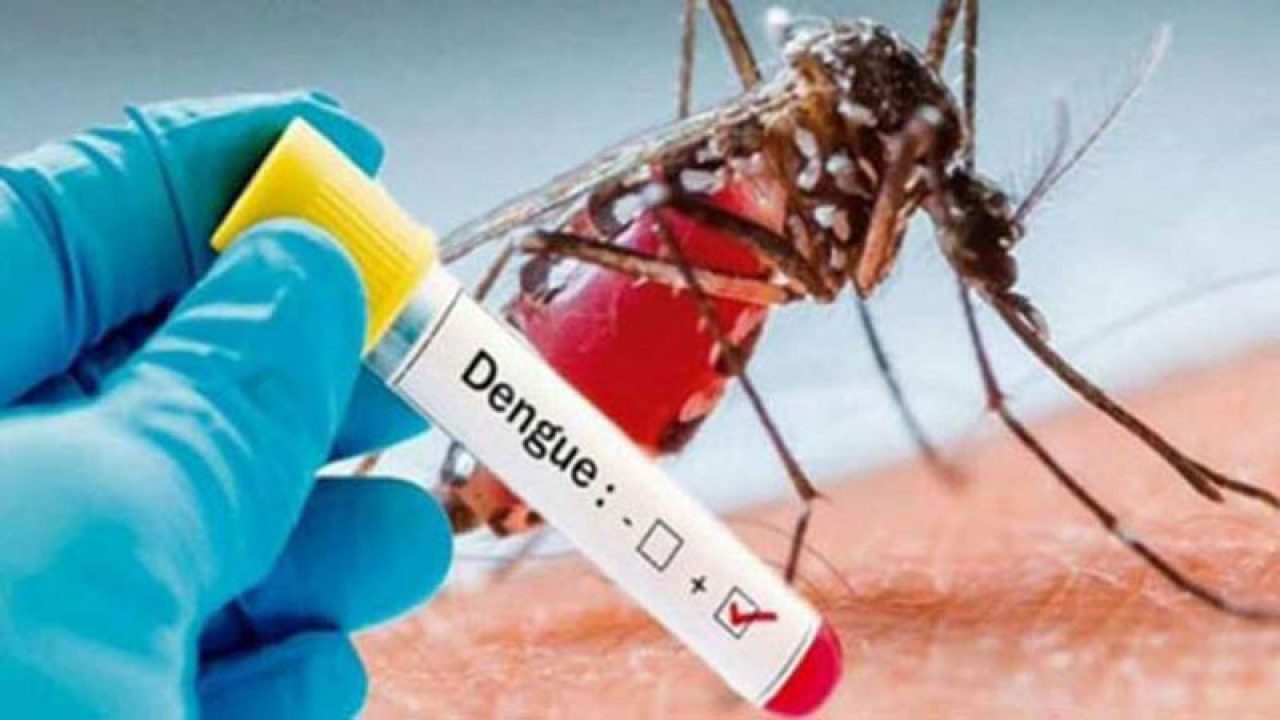In a worrying development, dengue cases continue to rise, with 104 new cases reported in the last 24 hours. Health authorities are sounding the alarm as hospitals and clinics across affected areas struggle to manage the influx of patients. This surge in cases highlights the need for urgent preventive measures and public awareness as the country braces for the impact of dengue’s seasonal peak.
Current Situation and Statistics
According to the latest figures from health departments, the newly reported cases are spread across urban and rural areas, indicating a widespread transmission. The rise in cases follows an alarming trend over recent weeks, with health officials reporting consistent daily increases. In major cities, including the capital, hospitals have seen a steady rise in admissions, with some even reaching near capacity.
In the current wave, the majority of cases are concentrated in densely populated areas, where poor sanitation and stagnant water have provided ideal breeding grounds for the Aedes mosquito, the primary carrier of the dengue virus.
Health Sector Response
Hospitals are gearing up to accommodate the growing number of patients by increasing bed capacity and dedicating resources specifically to dengue treatment. Medical staff have been advised to remain vigilant, as symptoms of dengue—such as high fever, severe headache, joint and muscle pain, fatigue, and nausea—require prompt treatment to prevent complications like dengue hemorrhagic fever.
“Public hospitals are under significant strain as cases continue to rise,” noted Dr. Amir Saeed, a senior health official. “We are doing our best to manage resources, but the public also needs to play its part in reducing mosquito breeding grounds.”
Public Awareness and Preventive Measures
In response to the rise, health authorities are amplifying public awareness campaigns. These campaigns urge citizens to take simple but effective precautions: clearing stagnant water, using mosquito repellents, and wearing full-sleeved clothing, especially during peak mosquito activity times.
Community engagement efforts are also in place, with local health workers going door-to-door in high-risk neighborhoods, distributing information on dengue prevention. Health officials are emphasizing that prevention is key in controlling the spread of the virus and reducing hospital admissions.
Government Action and Challenges
Local governments in affected areas have initiated fumigation drives to control mosquito populations. However, limited resources and logistical challenges have slowed down these efforts. The authorities face obstacles in reaching certain densely populated urban areas, and there have been concerns raised about the effectiveness of fumigation in certain high-risk zones.
In addition to fumigation, health authorities have asked municipalities to enforce strict cleanliness regulations, especially around construction sites and open drains, which can become mosquito breeding grounds. Officials are also coordinating with community leaders to spread awareness in regions where dengue cases are highest.
Outlook and Public Cooperation
As health officials work tirelessly to combat the spread of dengue, they are calling on citizens to support preventive measures. “We need everyone’s cooperation to prevent a full-blown health crisis,” stated Dr. Saeed. “If communities don’t come together to take basic steps, the burden on our healthcare system will only increase.”
The public is being urged to remain vigilant and proactive, particularly during the rainy season when mosquitoes breed most rapidly. Authorities stress that simple preventive actions by individuals and families can significantly reduce the chances of contracting dengue.
Conclusion
With 104 new cases reported in just 24 hours, the surge in dengue cases is a clear reminder of the seasonal threat posed by mosquito-borne diseases. While healthcare providers and authorities continue to ramp up efforts, public awareness and community engagement remain essential to control the outbreak.
World Health Organization, BBC News – Health, Al Jazeera – Health, The Guardian – Health,





